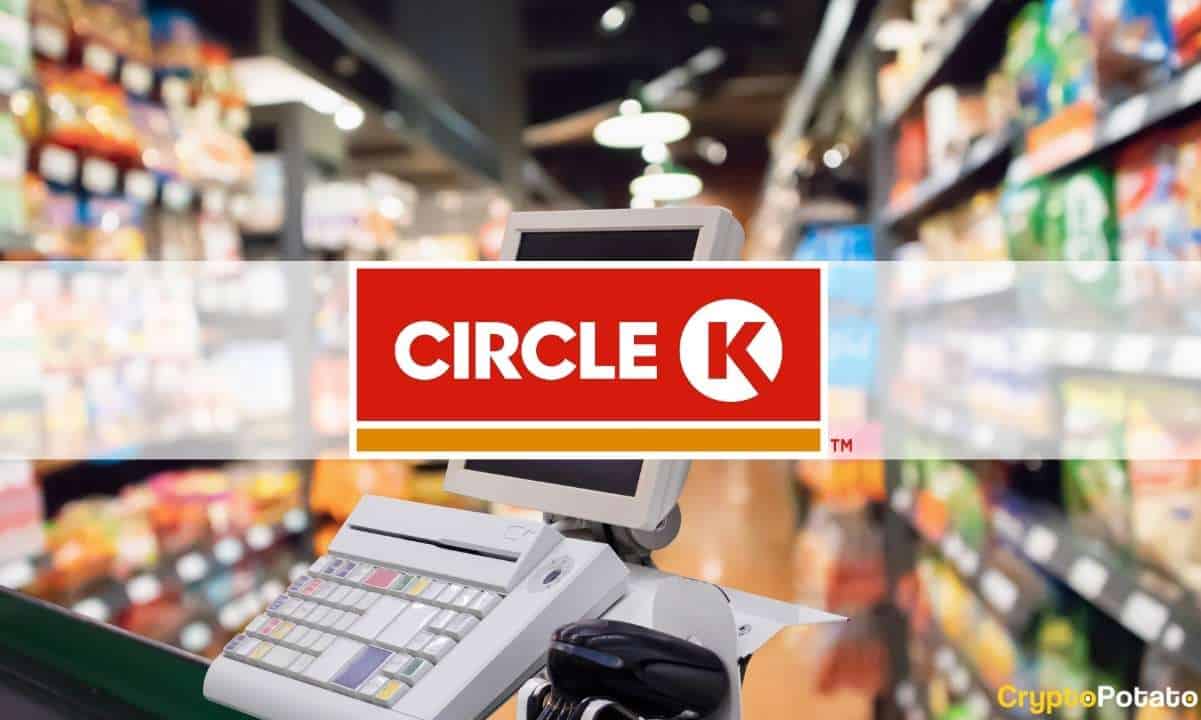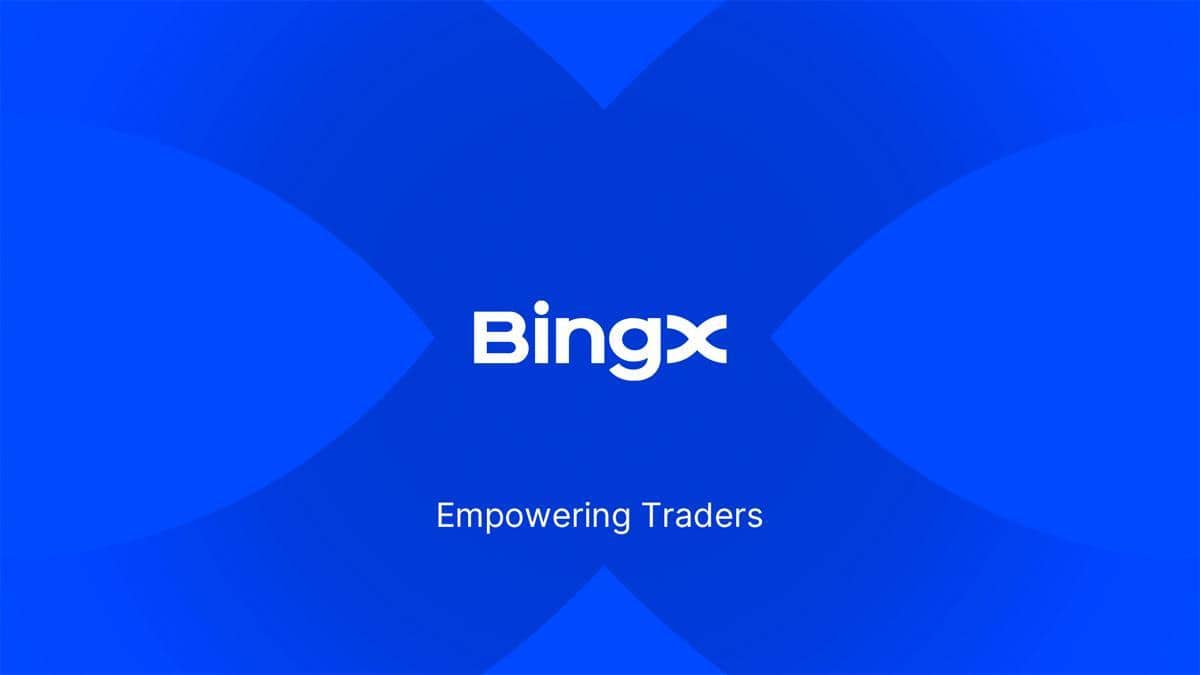South Korean Crypto Exchanges Should Have Reserves of at Least $2.3 Million (Report)
The Korea Federation of Banks (KFB) reportedly intends to require domestic cryptocurrency exchanges to hold at least 3 billion won (around $2.26 million) as a reserve.
The local authorities have been quite strict with such entities lately, urging them to set up proper guidelines in terms of listing and delisting of digital assets to ensure maximum protection for customers.
The Upcoming Requirement
As reported by a Korean media outlet, the changes are expected to come into effect from the start of September. They will require crypto exchanges with “real-name accounts” to accumulate reserves of between $2.26 million and approximately $15 million. The amount will act as an emergency fund in the event of an accident, such as a hacking attack.
It is worth mentioning that the minimum reserve of $2.26 million will refer only to smaller crypto exchanges. Giants like Upbit, Korbit, or Bithumb must store at least 30% of their daily average deposits.
Some of the leading exchanges have already started complying with the new law. A representative of Upbit stated:
“We are preparing without a hitch in accordance with the guidelines of the Korea Federation of Banks.”
Another official from an undisclosed trading venue believes the obligation would not be a problem for any of the cryptocurrency exchanges in the Asian country.
The KFB also plans to implement additional safety measures, including enhanced know-your-customer (KYC) requirements and authentication for collection transfers. Those changes are scheduled to go live from the beginning of 2024.
More Scrutiny Following the Terra Meltdown
South Korea’s Financial Intelligence Unit (FIU) instructed all domestic crypto exchanges in 2021 to comply with anti-money laundering (AML). It also required such organizations to collaborate with banks to obtain accounts for real-name verification. As CryptoPotato reported, more than 60 marketplaces failed to register with the FIU and ceased operations.
The crash of Terra’s native token – LUNA – and its algorithmic stablecoin – UST – in the spring of 2022 was another reason why South Korea’s monetary regulator continued to pay particular attention to the crypto industry.
The plunge of both assets to virtually zero left numerous investors empty-handed and undermined the entire legacy of the digital asset sector.
As a result, Korean lawmakers organized a meeting with the country’s largest crypto exchanges to set up appropriate rules in accordance with the listing and delisting of cryptocurrencies and thus provide more protection for consumers.
The post South Korean Crypto Exchanges Should Have Reserves of at Least $2.3 Million (Report) appeared first on CryptoPotato.









